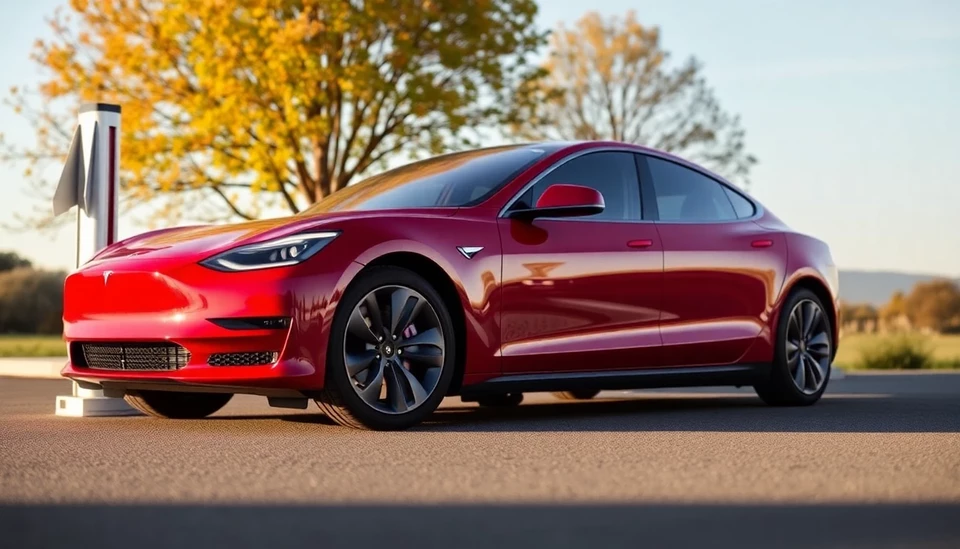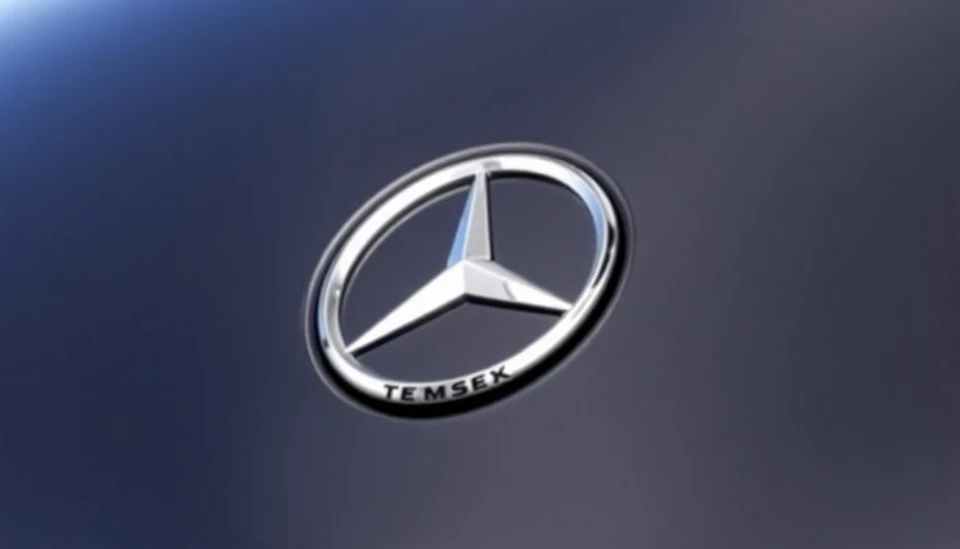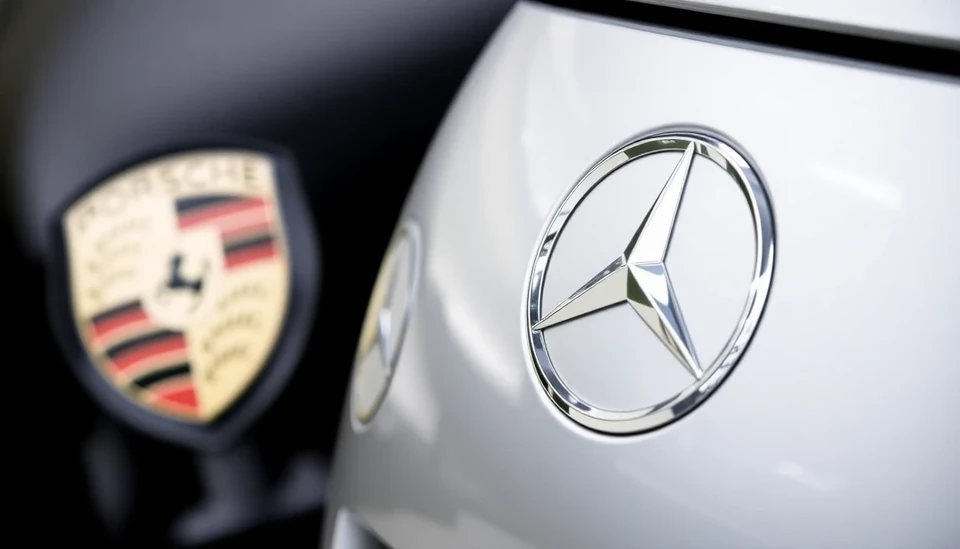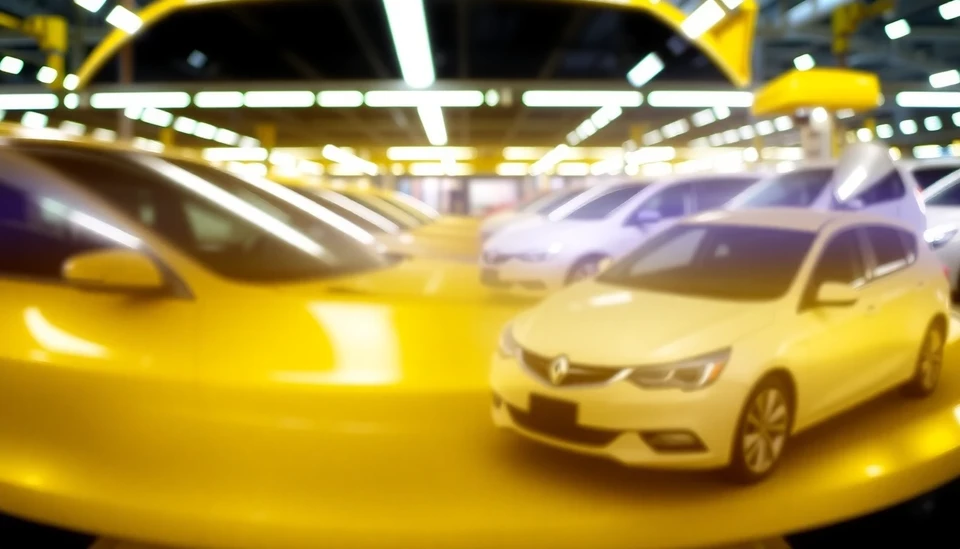
In a stark reminder of the cascading effects of an automotive giant's struggles, the decline of Mercedes-Benz has unfurled challenges that ripple through its supplier network. This is not merely an internal crisis for the luxury manufacturer but a sobering revelation for the entire auto industry.
Mercedes, once a paragon of innovation and prestige in the automotive market, is now battling multiple pressures, including a shift towards electric vehicles (EVs) and heightened competition that is reshaping consumer expectations. These pressures have not only impacted the brand's profitability but have also strained their relationships with essential suppliers who rely on consistent demand from the manufacturer.
As revenues falter, suppliers face the harsh reality of declining orders, which jeopardizes their operations. Companies that form the backbone of Mercedes' production – from parts manufacturers to tech providers – are now witnessing a severe contraction in their business, casting doubt on their sustainability. This situation has prompted many to reevaluate their relationships with the automaker and adapt their strategies in a rapidly evolving market landscape.
The current climate is a testament to the vulnerability of suppliers in the automotive supply chain. Experts emphasize that the reliance on a single manufacturer can be perilous, especially when that manufacturer encounters difficulties. For many suppliers, the fallout from Mercedes' struggles has forced a rethinking of their business models and the necessity to diversify their clientele to mitigate the risks associated with dependency on one major player.
As electric vehicles become the future of the industry, suppliers are under pressure to innovate and pivot their operations toward producing components that meet the needs of a changing automotive environment. This transition requires both time and investment, further complicating the situation for those already facing dwindling revenues. The race to electrification demands new technologies and a fresh approach, leaving many suppliers racing against time to catch up.
Moreover, the issues faced by Mercedes extend to broader economic challenges, including slowing global demand and soaring material costs, creating a perfect storm that threatens not just individual suppliers but entire sectors of the automotive industry. The lessons from Mercedes' tumultuous period serve as a reminder that adaptability and foresight are critical elements in the success of today's manufacturers.
As Mercedes works to navigate these troubled waters, the wider implications for its suppliers underscore the need for resilience and inventive strategies. The automotive sector must remain vigilant and proactive in the face of change, recognizing that the path forward will necessitate collaboration and innovation to ensure survival amidst adversity.
This difficult chapter in Mercedes' history is a clarion call for all players in the auto industry to reassess their strategies, embracing flexibility and foresight as they prepare for the future. The repercussions of such shifts can be profound, reshaping the landscape not only for suppliers but for the entire automotive ecosystem.
#MercedesBenz #AutoIndustry #Suppliers #ElectricVehicles #Innovation #EconomicChallenges #AutomotiveSupplyChain
Author: Samuel Brooks




